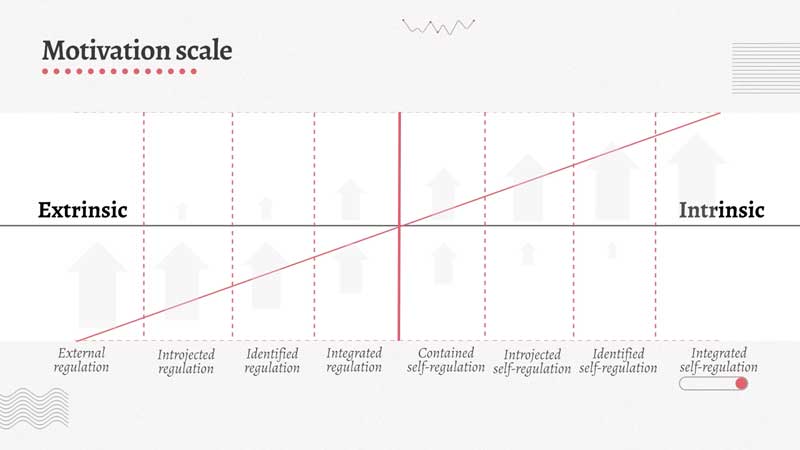At a recent Vatican conference on climate change, Pope Francis was presented with letters written by children in England and Wales, all based on the Ministory animation and illustrations Laudato Si’: On care for our common home.
This project was to find a way of telling the story found in this complex and comprehensive church document which touched on a range of complex issues around integral ecology, climate change, spirituality, poverty, injustice, eco-conversion and living simply. The storyfinding process pulled together the key tenants of this far-reaching and broad vision document into simple, engaging and clear messages for children and young people to take action.
This resource has proven to be extremely popular with the global Catholic Church, with over 1/2 million views and translated into several languages including Chinese, Japanese, Spanish, French, Italian and Cantonese. But what makes this resource so influential is the simple story that lies behind the key messaging, which is a sober look at what we are doing to our planet and each other, and a call to transform the world by simple eco-actions and a call to live simply. This simple narrative has clearly resonated with children, as it has, along with the version for young people, received the most views and downloads for all the resources that CAFOD has ever produced.
It goes to show you the power of good, simple, storytelling.








CAFOD’s Head of Education, Monica Conmee, handed the letters to the Holy Father at the Vatican.
The Pope’s encyclical urges everyone to care for ‘our common home’ because of the impact the climate change is having on the world’s poorest people.
The meeting, which was attended by scientists, economists and diplomats from around the world, was organised to look at the ways in which Catholics can continue to call for action on climate change ahead of important international discussions in the coming months.


